U.S. appeals to Kurds: Unite against Iraq, Iran
USA TODAY
September 4, 1996, Wednesday, FINAL EDITION
BYLINE: Tom Squitieri
SECTION: NEWS; Pg. 3A
LENGTH: 448 words
U.S. officials said Tuesday that they would continue to seek a settlement between Iraq’s rival Kurdish factions. The administration pleaded with the Kurds not to seek help from either Iran or Iraq.
“Do not accept the offers of either the Iranian leadership or of Saddam Hussein for friendship, because neither of them can be trusted, and neither of them is going to act in the interest of the Kurdish people,” State Department spokesman Nicholas Burns said.
“Our advice to the Kurds is: Put aside your differences, which we understand are long-held and quite bitter.”
Once united under U.S. leadership, the two Kurdish factions in Iraq have become pawns in a battle being waged by Saddam and his longtime enemies in neighboring Iran.
On Tuesday the two separatist factions continued their internecine battle. Many of the 3.5 million Kurds who live in northern Iraq were once again on the mountain roads running for their lives because of the renewed fighting.
Forces from the Kurdistan Democratic Party, the faction allied with Saddam, were attacking five major towns on Tuesday, including Chemchemal. That town is just west of Sulaymaniyah, the second-largest city in the region and headquarters for the rival party.
Massoud Barzani, leader of the Kurdistan Democratic Party, said Tuesday that his faction turned to Saddam after it grew impatient with unfulfilled U.S. promises to nurture Kurdish autonomy.
“For years the Americans have played with us and have been onlookers,” Barzani said.
Barzani’s party was founded by his grandfather in 1946. The party draw support from rural areas that are still tribal and semi-feudal. The group controls the western and rural areas of northern Iraq.
It was Barzani who invited Iraqi troops to help him take Irbil. The capture of that city triggered the missile attack by U.S. forces against Iraqi military installations.
Jala Talabani, leader of the rival group, the Patriotic Union of Kurdistan faction, praised the U.S. strike. Even though his forces remained vulnerable to attack by Iraq, Talabani was encouraged that Saddam’s forces remain targets of U.S. missiles.
“Everywhere they are glad; they are shouting for America, for President Clinton,” Talabani told the BBC.
Talabani receives military and logistical support from Iran. His goal is the overthrow of Saddam and independence for Kurds. His method is guerrilla warfare, not political dialogue.
But his party, founded in 1975, draws support mostly from Kurds living in the region’s towns and cities. His faction, which holds the eastern half of northern Iraq, uses radio broadcasts to build support.










